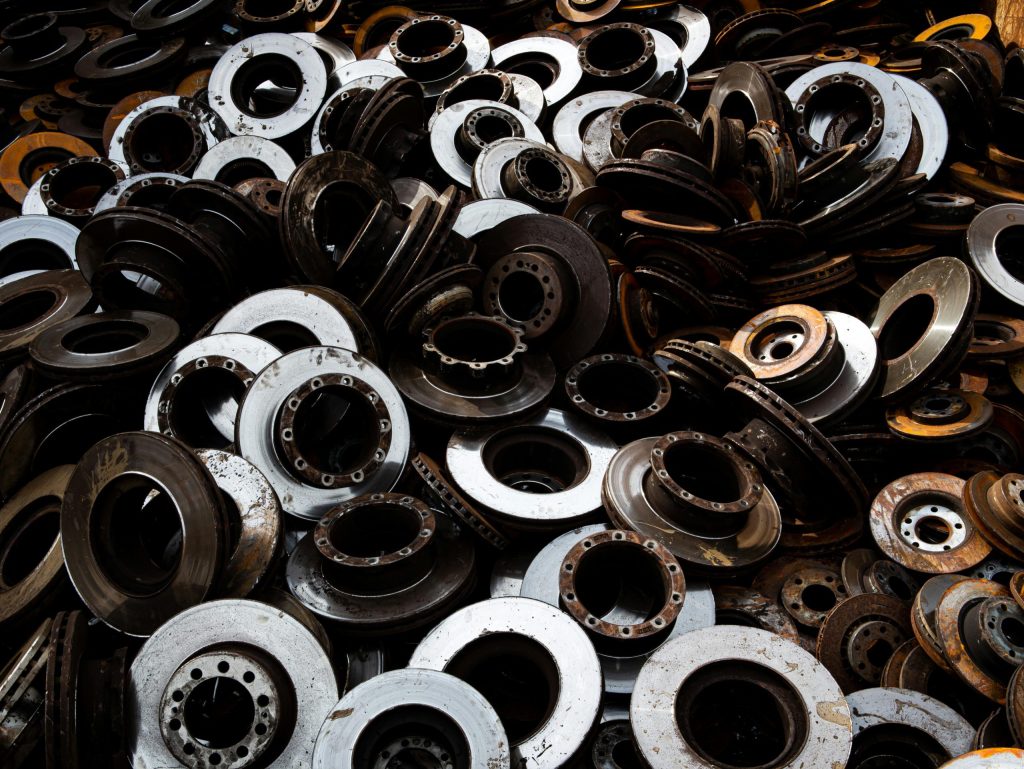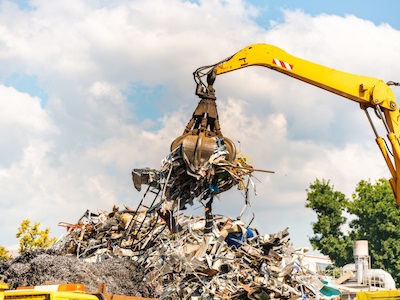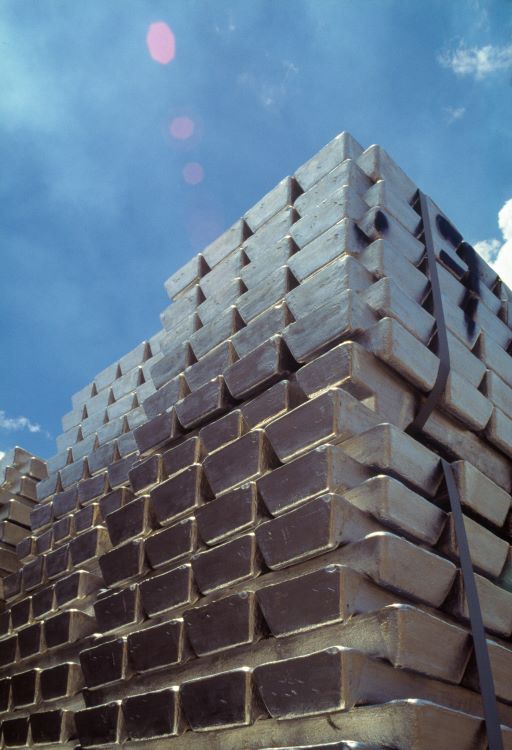Aluminum Scrap Markets

August 28, 2025
Labor standoff at Pace's Pennsylvania die-casting plants
Written by Nicholas Bell & Stephanie Ritenbaugh
Unionized workers at Pace Industries’ Airo Die Casting facilities in Pennsylvania have walked off the job after a contract negotiation failed to produce an agreement.
Roughly 200 employees, represented by the Laborers’ International Union of North America’s Local 1357, are seeking higher wages and relief from health insurance costs.
Under the current plan, deductibles reach $15,000 for a family and $7,500 for a single employee, according to Duke Reed, president of the local union.
The union did not return requests from AMU for comment.
The strike follows nearly two years of bargaining, Reid said, and comes just as the plants’ operating permit is pending technical review by the state’s Department of Environmental Protection (DEP). The previous permit expired in June of this year, but the company submitted an application for renewal in November of 2024.
Pace has the largest footprint of any die-caster in North America, according to the company’s website.
In regard to the standoff, the two affected facilities are part of Pace’s Airo Division and are located in Loyalhanna and Latrobe, Pa., referred to internally as the “main” and “west” plants, respectively.
The Loyalhanna facility primarily functions as a die-casting plant, with three melt furnaces and two shot blasters, consuming both ingot and scrap on-site. The Latrobe site is used for surface finishing and painting operations, an expansion originally designed to complement the Loyalhanna site, which include powder coating and electrostatic painting.
Pace Industries, headquartered in Arkansas, is one of North America’s largest die casters, with 13 U.S. manufacturing facilities and two in Mexico. The company claims to use more than 90% recycled materials in their production processes spread across the company’s facilities.
Secondary alloy in Pace’s portfolio include: A360, A380/E380, A383/B383/A384, B390, A413, as well as some proprietary alloys. The company also produces magnesium and zinc castings.
Secondary alloy B390 is of particular note, as it is produced for extreme wear resistance in engine blocks and pistons, like those associated with the motorcycle and powersports end markets.
The sites under dispute were founded in 1975 as Airo Die Casting, initially specializing in die cast compressor blades for the nuclear industry. Today, it produces aluminum die castings for high-profile customers, including Harley-Davidson and Polaris, serving both motorcycle and recreational vehicle applications.
For context, motorcycle registration data closely tracks retail sales in the U.S. Using motorcycle registrations as a proxy, Harley Davidson accounts for 35-40% of the motorcycles sold domestically. While the overall market is relatively niche, Harley remains a dominant player, often competing with Honda, which typically appeals to a different segment of motorcycle buyers to be associated with a different model of motorcycle altogether (touring vs. sports bikes).
Polaris, meanwhile, is a leading manufacturer in the broader powersports market.
The Airo Die Castings plants owned by Pace have undergone multiple ownership changes and restructurings. It was rolled into Leggett & Platt Aluminum Group in the 1990s, later spun out, and ultimately filed for Chapter 11 bankruptcy in 2020. Despite that, the company still posted more than $500 million in annual revenue in the previous fiscal year from when it filed for bankruptcy, with automotive castings accounting for a growing share of sales.
In the same fiscal year, powersports (a category that would include both Harley-Davidson and Polaris) would’ve accounted for about $90 million in sales. Much of that revenue likely flowed through the Airo facilities, since other Pace divisions are more narrowly focused on their own end markets.
The PCG division in Michigan primarily serves automotive customers, the Cambridge division in Massachusetts supplies aerospace/defense and medical sectors, while the Grafton and B&C divisions focus on lawn and garden equipment, appliances, industrial motors, lighting and electric products and other specialized automotive components. A handful of smaller operations provide niche welding and finishing capabilities.

Nicholas Bell
Read more from Nicholas Bell







